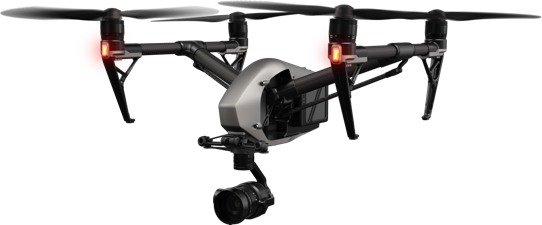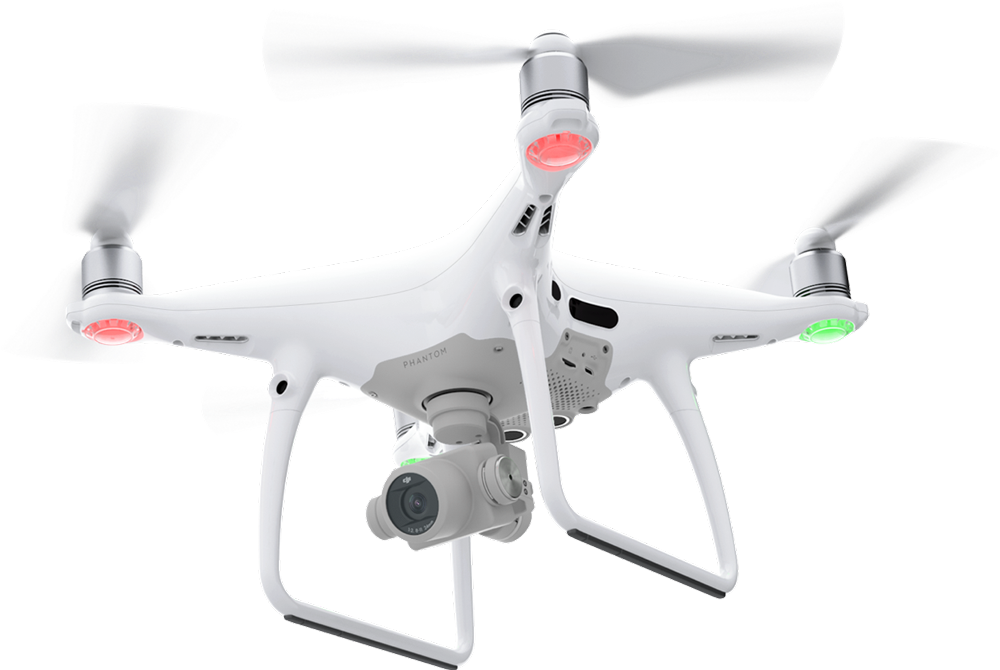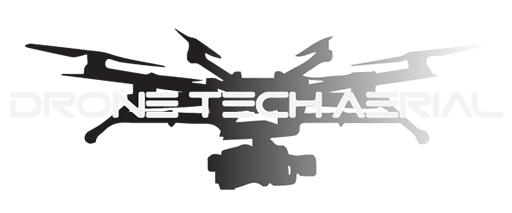When we started out filming with drones over 5 years ago, consumer drone technology was becoming more easily accessible at lower price points. As the drones of the day became more capable and feature rich, camera technology seemed to always leave us wanting more. We scoffed at Phantoms and GoPro rigs and opted to build our own custom heavy lift aircraft carrying DSLRs, C300s and REDs. This satisfied the need of most clients but for us it took a 3-4 man crew and a large footprint. As consumer drone technology plateaued, companies like DJI created what I consider one of the most pivotal aircraft that changed the aerial filming game forever…
Enter the DJI Inspire 1 Pro; The first fully integrated Mirrorless DSLR style camera known as the Zenmuse X5. The pilot and client benefited greatly from the seamless control over camera settings in the air, interchangeable prime lenses and topped it all off with a beautiful HD downlink. While no system is without limitations, the level of integration was unheard of at the time. While the price point was high for a consumer level drone, we bought into our first set of off the shelf drones. Once we flew them, we were hooked. Workflow and set up time became more efficient allowing us to be ready to fly in less than 15 minutes and only have a couple minutes of down time between flights. The locked in feeling of these drones made for a comfortable piloting experience, enabling us to fly closer, lower and faster than ever before. The drone’s small form factor allowed for a more relaxed experience when filming around talent and allowed us to fly in more confined spaces. The more we used the Inspire 1 Pro system the more creative control we could bring back to aerial filming now that we were free from the large flying lawn mowers that were as agile as a dump truck. DJI’s evolution, the Inspire 2, was finally released. Greatly improving upon the camera technology of the previous generations it left little left to be desired. Finally, a camera that could deliver powerful image quality and output to ProRes and RAW file formats for our higher level clientele, giving them the flexibility they needed in post to seamlessly match footage to their cinema counterparts. Integrated camera technology had finally merged with a drone platform that struck a balance between capability and image quality that we could have never achieved two years ago.
In the beginning, we leveraged our engineering to create custom solutions to carry production grade cameras mocking all the consumer level drones. However, the drone industry accelerated its technology and released drones that had compelling integrated camera packages. While these cameras made some sacrifices in quality compared to their cinema counterparts, it enabled us as film makers a more efficient work flow and greater creative control. And finally, with the advent of the DJI Inspire 2 we feel that in most cases we are not sacrificing anything and delivering our clients the overall best technology to date. So next time you are about to scoff at the idea of not carrying a RED or Alexa, consider what offers you the greatest benefit… Our case for smaller drones is this, they offer more dynamic freedom, smaller crew requirements, increased efficiency on set, reduced risk and reduced cost. It is evident that the opposite is true if you want to carry a RED or Alexa. Either way, we at Drone Tech Aerial are here to help guide you in the direction you want to go and offer solutions that can accommodate any technical or budgetary need. Feel free to reach out to us at any time, we are here to serve the community.
About the Author
Jaron Denson served the U.S. Department of Defense for 5 years engineering, manufacturing and piloting unmanned aircraft. He quickly became the lead aeronautical engineer at an unmanned aircraft company where he trained and directed engineers for R&D projects. Jaron holds a M.S. in Mechanical Engineering, a B.S. in Physics, a Private Pilot’s Certificate for civil aviation and Part 107 Certificate for commercial drone operation. Spotting the rise of the commercial drone space, Jaron quit his job as an aerospace engineer and co-founded Drone Tech Aerial Cinematography.





